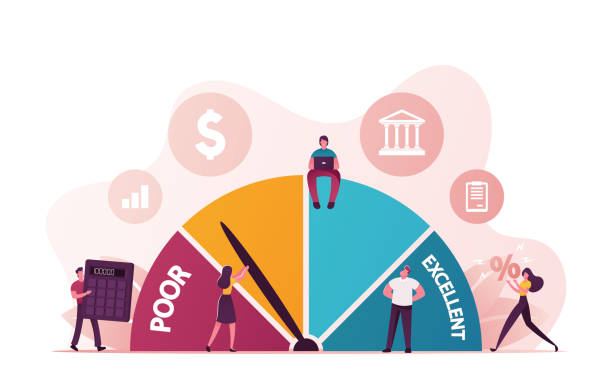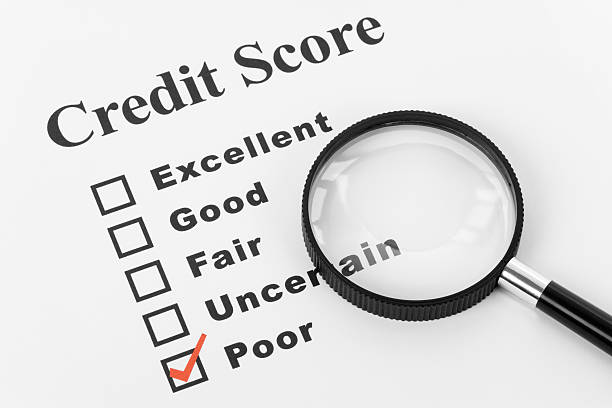Credit scores are often seen as an objective measure of creditworthiness, but in reality, they can perpetuate discrimination and bias. Credit scoring models are based on historical data, which can reflect patterns of systemic discrimination and bias. This can lead to unfair and unequal treatment of consumers based on factors such as race, gender, and socioeconomic status. In this blog, we will examine how credit scoring can perpetuate discrimination and bias and its impact on consumers.
1. Historical Biases: Credit scoring models are based on historical data, which can perpetuate biases and discrimination. For example, if a community has historically been discriminated against and denied access to credit, then individuals from that community may have a lower credit score, despite having the same financial resources and capabilities as other consumers. This can lead to unequal treatment and further perpetuate systemic discrimination.
2. Lack of Diversity: Credit scoring models may lack diversity, which can lead to further biases and discrimination. For example, credit scoring models may not take into account the financial resources and capabilities of individuals who do not have traditional credit histories or who have limited financial resources. This can lead to inaccurate assessments of creditworthiness and further perpetuate financial exclusion and inequality.
3. Algorithmic Bias: Credit scoring models are often based on algorithms, which can be subject to bias and discrimination. Algorithms can perpetuate and amplify the biases and prejudices of the individuals who design them. This can lead to further perpetuation of discrimination and unequal treatment of consumers.
4. Limited Transparency: Credit scoring models can lack transparency, which can make it difficult for consumers to understand how their credit score is calculated and how it may be impacted by various factors. This lack of transparency can make it difficult for consumers to advocate for themselves and ensure that their credit score accurately reflects their creditworthiness.
These potential risks and drawbacks of credit scoring models highlight the need for a critical examination of their impact on consumers. While credit scores can provide important information to lenders and consumers, they should not be the sole basis for evaluating creditworthiness. We need to explore alternative credit-scoring models that provide a more comprehensive view of a borrower’s creditworthiness while mitigating potential biases and discrimination.
In conclusion, credit scoring can perpetuate discrimination and bias, leading to unfair and unequal treatment of consumers. As we continue to rely on credit scores, we must also recognize and address these risks to ensure that they do not lead to further financial inequality and harm. You can learn more and join the conversation by signing this petition on https://aamkarobari.org/petition/.





1 Comment
Dinesh Joshi
मेने 10 बार गाडी की लोन ली और पुरी भरी सेटलमेन्ट भी नहि कीया
अभी मेरे को होम लोन लेना है
और बेन्क वाले बोल रहे हैं आपका सीबील है में क्या करु बताया
मो,9426485201